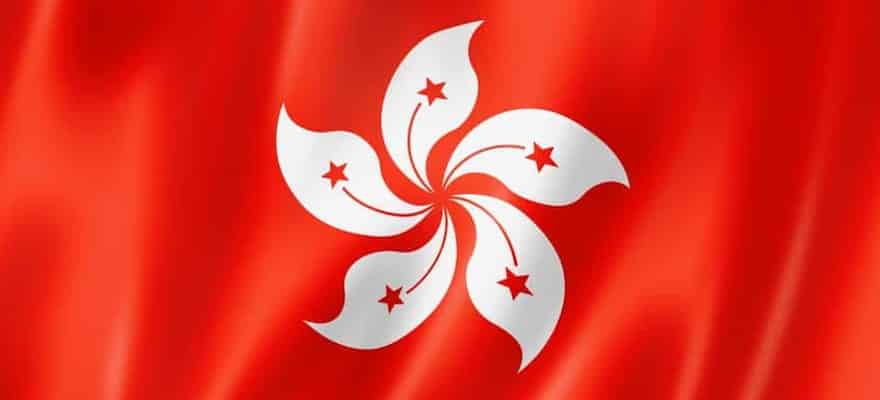Global Digital Finance, an advocacy group of cryptocurrency exchanges, has warned against Hong Kong’s proposed ban on retail traders that might drive them towards unregulated platforms, according to the South China Morning Post.
The group represents top cryptocurrency exchanges like Coinbase, Huobi, OKCoin and BitMEX.
Its concern came as the autonomous jurisdiction’s Financial Services and the Treasury Bureau (FSTB) proposed a crypto Regulation framework in November that would restrict all retail traders from trading Cryptocurrencies . The agency then argued that the framework is in line with the proposed recommendations of the Financial Action Task Force (FATF).
The proposed framework is still under public consultation, but that deadline is expiring soon, and the legislature can turn the bill into law.
Hong Kong is home to many cryptocurrency exchanges and is one of the preferred jurisdictions to enter the lucrative Asian market. A large part of these Asian traders falls under the retail category.
According to a survey by Citibank, around 504,000 individuals in Hong Kong, constituting around 7 percent of the total population, have enough access to qualify them as professional investors.
An Undesirable Way to Regulate Crypto
“Restricting cryptocurrency trading to professional investors only is different to what we have seen in other jurisdictions, such as Singapore, the UK and the US, where retail investors can buy and sell virtual assets,” Malcolm Wright, the group’s Chairman, told the publication.
Indeed, the UK is trying to regulate the digital currency industry and mandated the registration of all crypto businesses. Furthermore, the country banned the sale of retail crypto derivatives products, but spot trading is allowed.
However, countries like India and Nigeria are taking the harsh route to completely ban the crypto, in one way or the other.
“Any barrier put in place to restrict the sale or purchase of bitcoin needs to be reasonable and well justified. Individuals…need to be able to use and accept bitcoin as payment,” the exchange body wrote.

















